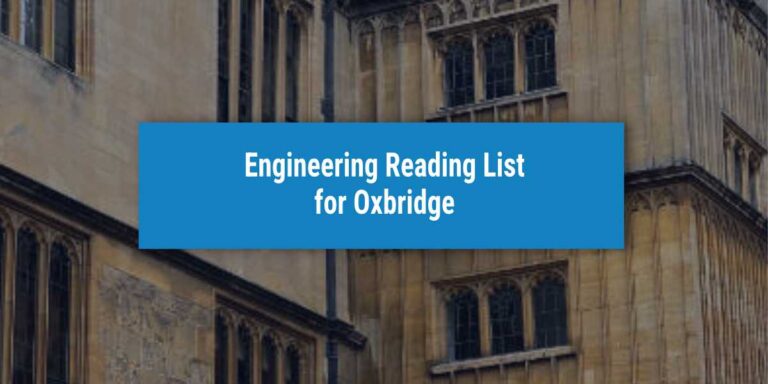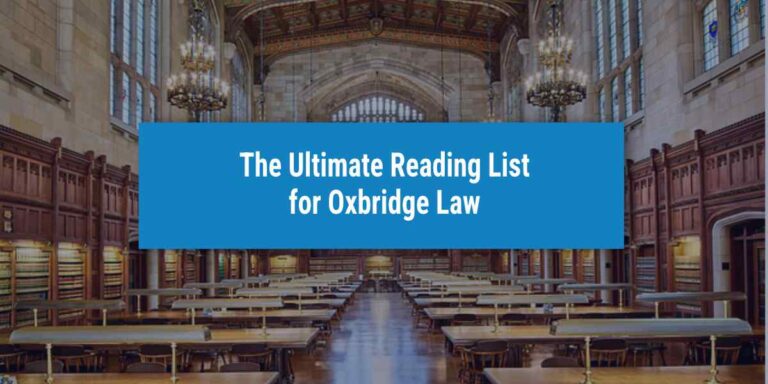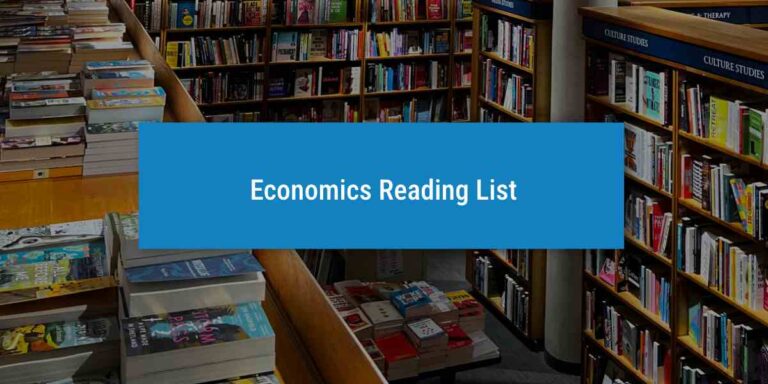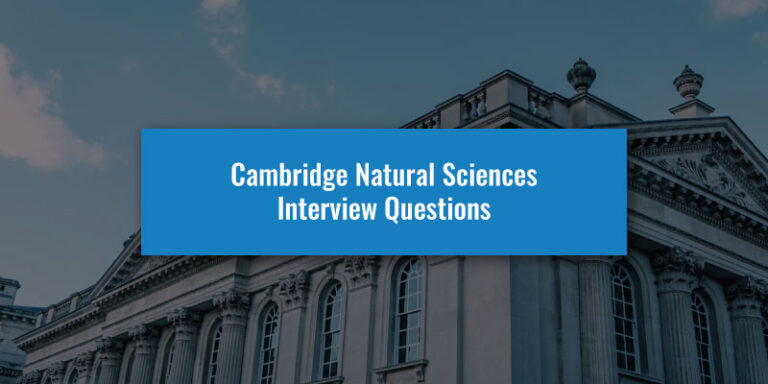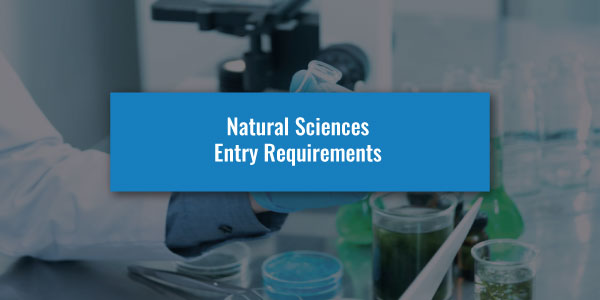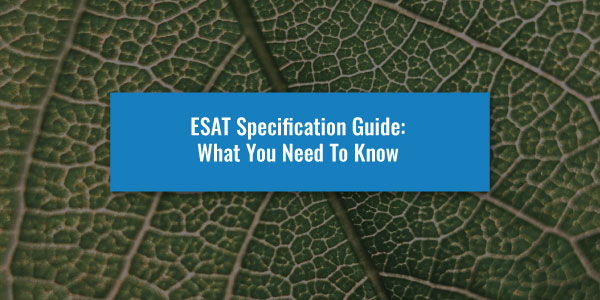Wider reading is an essential part of your university application, but what should you be reading?
You will be seeing a lot about doing wider reading as part of the application process but why is it so important?
We will go over everything you need to know as to why wider reading is so important for your Cambridge Natural Science application, and what you should be reading.
What Is Wider Reading?
Strong applicants to Cambridge tend to have explored their chosen subject through further reading outside of the classroom, in addition to doing well in their GCSEs and A-Levels. Cambridge refers to this sort of exploration as ‘super-curricular’ as it builds on and enhances what you have studied at school.
The best thing about wider reading is that there are no exams or deadlines to worry about, you are free to follow your own lines of enquiry into the areas that interest you the most.
Rather than seeing this as a ‘tick box exercise’ to give you something to write about in your Personal Statement you should take time to explore the things that you genuinely find interesting and see where they lead you.
Why Is Wider Reading Important?
As already mentioned, wider reading is important when writing your Personal Statement. It is your opportunity to talk passionately about the subject and show you are taking an invested interest in it.
It is important to read critically by thinking carefully about the arguments, assumptions and evidence presented by the author. The Admissions Tutor is likely to ask you questions on this during your Interview, so be prepared with your thoughts and opinions.
Need help securing your place at Cambridge to study Natural Science?
We help you craft the perfect Personal Statement, achieve a highly competitive ESAT score and teach you how to Interview effectively.
Discover our Cambridge Natural Science Full-Blue Programme by clicking the button below to enrol and triple your chances of success.
What Counts as wider reading?
Reading is a great way to explore subjects that you find interesting, but there are many other ways to deepen your understanding: trips to your local museums, monuments, galleries, and natural features and thinking analytically about it.
Here are some examples of wider reading:
Books
Already mentioned, and a fairly obvious one. Books cover a variety of information, including your niche interests and main points for every subject. Ensure you keep notes of the titles and authors for when it comes to Interview season.
Websites
There are countless sources online, from societies and academics which will often have news and articles related to your subjects. Make sure to sign up to their newsletters to stay up to date with everything.
Publications
Reading journals, reviews and reports is a big part of university, so getting used to understanding how to scrutinise and review publications is a key skill to develop.
TV
Documentaries are a great source to utilise and are easier to consume than other forms.
News
The best source to keep across current affairs. Make sure you are checking the news regularly, particularly in the areas which you are wanting to study to stay up to date with the latest topics.
You are not expected to purchase anything that has been suggested, as there is no prerequisite to this ‘super-curricular’ reading.
What Wider Reading Is Helpful To Natural Science?
As Natural Science covers a wide range of sciences you may want to read a couple of books about each science that interests you.
With there being two different paths into Natural Science, Biological and Physical, if you know ahead of time which you want to focus your studies on that means you can use your wider reading effectively ahead of time.
There is no point in furthering your understanding of Physical aspects when your interests lie in Biological.
Natural Science Biological Reading
If you are interested in studying the Biological aspects of Natural Science, you might be wanting to start doing some wider reading to get a feel of which subjects take your interest.
Knowing where to start is not an easy thing to do, but once you get started that is the most important thing.
Below is just some of the content we recommend as part of your wider reading:
Books
Campbell N.A. et al – Biology: provides and overview of key biological topics in an easy to access format. The key topics in this book are: the chemical basis of life, cellular biology, photosynthesis, reproduction and inheritance.
Ridley M. – Genome: Matt Ridley recounts the history of our species and its ancestors from the dawn of life to the brink of future medicine, by picking one newly discovered gene. The main learning point from this is a tour of human evolution, and that life has a physical history not a genealogical one. However, the history of life is written in the genome.
Brown A – The Darwin Wars: this is an account of Neo-Darwinist theories, including the influential Selfish Gene theory and the misunderstandings they provoke. The main learning point is that evolutionary biology is a controversial area and the debate looks to continue.
Online Resources
NRICH: Maths recourses provided by the Faculty of Mathematics at the University of Cambridge for keeping Maths, stats and basic interpretation skills fresh.
BBC News: Science and Environment: Great for keeping up to date on hot topics. Can easily be read for five minutes daily or a few times per week to keep well-informed.
Podcasts: Medical Sciences Division: A bank of podcasts from Oxford’s Medical Sciences division covering a wide range of topics.
Journals
New Scientist: An ever-popular journal to keep up to date with innovative scientific innovations and ideas.
Nature: Accessible, high-impact journal with content across the life sciences.
Scientific America: Another high-impact journal with highly-curated content.
Natural Science Physical Reading
If you are more interested in the Physical side of Natural Science, the content recommended differs.
New Scientist and Scientific America are still highly recommended, so these are a good starting point if you are unsure of what subjects of Natural Science you wish to study.
Below is just some of the content we recommend as part of your wider reading:
Books
Baker J – 50 Physics Ideas You Should Really Know: Joanne Baker unravels the complexities of 20th-century scientific theory in an easy-to-understand way. Topics range from Hubble’s Law to the Pauli exclusion principle, and from Schrödinger’s cat to Heisenberg’s uncertainty principle. Ideas at the cutting edge of scientific enquiry are made comprehensible and accessible.
Eastaway R and Wyndham H – How Long Is A Piece Of String: Why do weather forecasters get it wrong? What are the best tactics for playing “Who Want to be a Millionaire?” and “The Weakest Link?” And what is the link between a tin of baked beans and a men’s urinal? These and many other questioned are answered in this book.
Keeler and Wothers – Why Chemical Reactions Happen: A key text for those studying Chemistry at university level. This book covers key concepts introduced in the first year of undergraduate study.
Online Resources
Isaac Physics: A Department for Education project at the University of Cambridge, provides Physics and Maths problem solving questions.
British Physics Olympiad: The British Physics Olympiad encourages the study of Physics and recognises excellence in young physicists through ten annual competitions. Their site provides lots of past papers and solutions.
Brilliant: Brilliant replaces videos with hands-on interactive problem solving to test your Maths and Physics knowledge.
Conclusion
Wider reading is an essential part of your Natural Science application at Cambridge. For such a competitive course, it is incredibly beneficial to try and discuss reading you have done to try and set yourself from the crowd.
Try to find something different, other applicants will be trying to do the exact same thing and you do not want to be writing in your Personal Statement or talking in your Interview about something 20 other applicants have also mentioned.
This is your time to develop your passion for the subject and prove that it is what you want to be studying at university.
Dreaming of studying Natural Science at Cambridge? Our expert tutors are on hand to help you secure your place.
With our Cambridge Natural Science Full-Blue Programme, we help you craft the perfect Personal Statement, achieve a highly competitive ESAT score and teach you how to Interview effectively.
Discover our Cambridge Natural Science Full-Blue Programme by clicking the button below to enrol and triple your chances of success.
